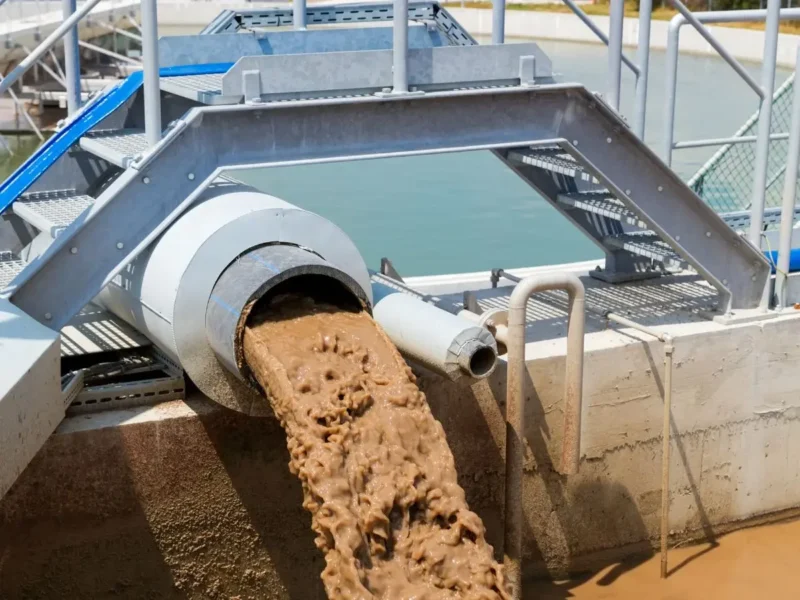Accurate, continuous monitoring of trade effluent helps ensure regulatory compliance, reduces costs, and protects your business from fines and reputational risks.
If you have a trade effluent consent from your local water authority, you are allowed to discharge water resulting from your activities to the sewer and you will be charged based on what and how much you are discharging. But those charges are not set in stone, there are various things you can do to reduce those charges.
One way to help make sure you remain in consent is continuous monitoring. Each site has unique monitoring requirements in terms of consent limits and what needs to be monitored and this needs to be considered when selecting equipment. You need to select equipment that will give you the data that is required. Usually, samples will be collected and tested for parameters including BOD (Biological Oxygen Demand), COD (Chemical Oxygen Demand) and suspended solids in addition to any other consent limits like oils and metals but you may also need to monitor pH or temperature.
Monitoring may also be a requirement for the consent that will determine the type of equipment and how often samples must be taken. For example, some consents require water samples from the previous 24 hours to be available to the water authority at any time. You will need to consider whether your samples will need to be kept below a certain temperature, for example in a refrigerated sampler to prevent bacterial deterioration and help to ensure accurate results.
It is also important to consider the type of effluent you have and the best type of monitoring equipment. Different equipment is suitable for low and high flows and some equipment will not be suitable. For example, if you have high concentrations of fats, oils and greases in your effluent, a bubbler flow meter wouldn’t be suitable as it may get blocked, so an ultrasonic flow meter with a weir or flume may be more appropriate.
Having monitoring equipment is not going to ensure accurate measurements. Understanding your equipment and ensuring correct care, maintenance and cleaning is essential. Can you access your equipment easily? This will make maintenance much easier and also make sure you can take results accurately. Do you know where your equipment is? Often things like pH probes are forgotten and fall into disrepair, preventing accurate results. Do your staff understand your kit? Are they trained to use and maintain the equipment properly? If not, is your kit maintained by an external company? Are they competent to carry out the work? It is important that your equipment remains in good condition so it continues to take accurate readings and give representative data regarding what is being discharged from your site.
Getting accurate data from your monitoring equipment is essential for billing, you do not want to rely on estimated data as you may overpay.
You pay for what you discharge, so if you are being overcharged based on estimated bills, you can reduce your costs. You will also know immediately if you fall outside of your consent. This can highlight any process weaknesses or problems immediately so they can be dealt with quickly.
Keeping your consent up to date
This not only helps you meet your legal requirements, but also helps you to streamline your processes and become more efficient, leading to more cost savings. You can use your data to review your consent and see whether your agreed strengths are still relevant. Some consents were set up a long time ago and certain things may have changed since then. If they aren’t relevant, you can talk to your regulating water authority about reducing them.
Monitoring your effluent is a requirement of many consents. But making sure you get accurate data that you use effectively is what can lead to cost savings. Selecting the correct equipment suitable to your effluent and monitoring requirements is vital and once you have the equipment in place, understanding it and cleaning and maintaining it correctly is essential.
Regulatory performance
If you discharge effluent as part of your activities or processes on site, you must have a trade effluent consent from your regulating authority. You will also be charged for the trade effluent you discharge, based on the strength or load and the volume. You can take action to reduce your trade effluent bills which when discussing process optimisation and operating efficiency, but also regulatory performance and compliance.
Your Trade Effluent Consent
Your trade effluent consent is a legal document. You are legally obliged to have one if you discharge trade effluent, and you are legally obliged to stay within the conditions of your consent at all times. With that in mind, it is important to understand what your consents are and what they actually mean.
Do you need to have monitoring or treatment in place? What and how much are you actually allowed to discharge and when? Without this clear understanding, it can be quite tricky to ensure continual compliance.
When you understand your consent, you can make sure your regulator is doing everything they should be doing. One of our staff went to a site where the regulator was taking samples (to provide them with information for consent and billing) from the wrong place. Your consent will state where monitoring and samples should be taken and what the consent requirements are for each of those points. By sampling in the wrong place, the sample results were not representative which had a significant effect on the consent limits and trade effluent bills.
Knowing you are legally compliant
The consequences of breaches can result in fines and prosecution if warnings are ignored and remedial action is not taken. Another thing to bear in mind is the damage to your brand and reputation. Regulatory compliance is becoming increasingly important in the supply chain and continuous breaches could result in a loss of future revenue.
Working with your Regulator
Good historical compliance will improve your relationship with your regulator to help you build a good, positive working relationship. Having a good relationship with your regulating officer means they are more likely to work with you if anything has gone wrong to agree an action plan to bring you back into compliance.
Regulatory compliance will give you piece of mind as well as help you to reduce your costs.
Continual adherence to your consent will ensure your bills remain stable. It will also make sure you are not at risk from fines, prosecution and brand damage that may affect your business in your supply chain and risk future opportunities.







